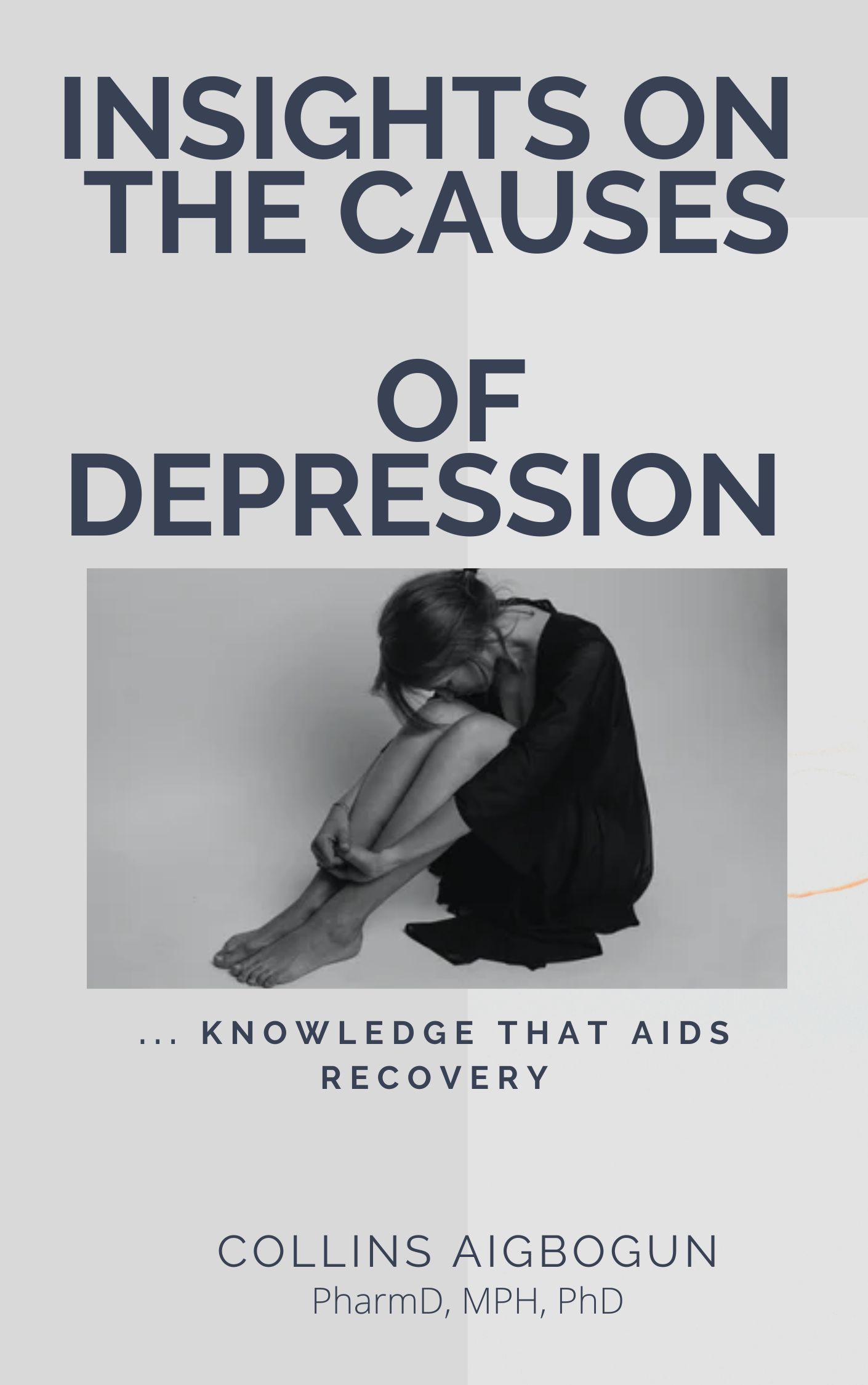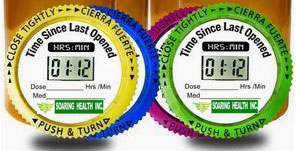Addicted to Marijuana?
The concept of addiction involves an over-indulgence in an act. The willingness to over-indulge partly depends on some aspects of the brain when stimulated. According to the Substance Abuse and Mental Health Services Administration (SAMHSA), most addicts are introduced to an addicting substance before the age of 25.
EVIDENCE FROM EXISTING WORK
In a recent national study , individuals who tried marijuana before their 15th birthday were almost four times more likely to suffer from marijuana use disorder than an adult who was first introduced to marijuana at age 18. This direct relationship continues even after age 25. A report from National Institute on Drug Abuse (NIDA) indicates that almost 6% of all-time college students in the United States smoked marijuana daily in 2014. The report also stated that over 4.2 million American adults over the 11 years old battled a marijuana use disorder in 2014. It is worthwhile to mention that this era was before the legalization of medical marijuana in some states in the United States. According to Harvard Medical School, medical marijuana or cannabis is helpful in the management of several diseases states including Alzheimer’s disease, cancer, Crohn’s disease, epilepsy, post-traumatic stress disorders, and several other medical conditions. Nevertheless, some components of marijuana stimulate specific receptors in the brain. One of the most crucial constituents of cannabis is tetrahydrocannabinol (THC), and this chemical is known to alter the normal functioning of the human mind.
 Over stimulation from THC will result in altered senses, changes in mood, impaired body movement, difficulty with thinking and problem-solving, impaired memory as well as several undesirable consequences. When marijuana is taken in excess, it can result in hallucination, psychosis, and delusion. Despite these life-changing negative consequence, some persons are struggling with marijuana use disorders. For example, a study by SAMSHA indicates that over 1.3 million teenagers in the United States suffer from substance use disorder. Likewise, over 21.5 million American adults over the age of 12 battled with a substance use disorder. This substantial public health challenge reduces the productivity of our children who will grow into the future leaders of our country. Hence, it is not a surprise that marijuana use accounted for the third highest number of treatment admissions in 2017. The estimated financial burden associated with marijuana addiction and other forms of drug addiction in 2017 amounted to over $200 billion in healthcare cost, criminal justice, legal and lost workplace production participation. These statistics imply that marijuana use can result in some form of health damage even though the highly regulated medical marijuana is valuable in pharmacotherapy and patients’ quality of life.
Over stimulation from THC will result in altered senses, changes in mood, impaired body movement, difficulty with thinking and problem-solving, impaired memory as well as several undesirable consequences. When marijuana is taken in excess, it can result in hallucination, psychosis, and delusion. Despite these life-changing negative consequence, some persons are struggling with marijuana use disorders. For example, a study by SAMSHA indicates that over 1.3 million teenagers in the United States suffer from substance use disorder. Likewise, over 21.5 million American adults over the age of 12 battled with a substance use disorder. This substantial public health challenge reduces the productivity of our children who will grow into the future leaders of our country. Hence, it is not a surprise that marijuana use accounted for the third highest number of treatment admissions in 2017. The estimated financial burden associated with marijuana addiction and other forms of drug addiction in 2017 amounted to over $200 billion in healthcare cost, criminal justice, legal and lost workplace production participation. These statistics imply that marijuana use can result in some form of health damage even though the highly regulated medical marijuana is valuable in pharmacotherapy and patients’ quality of life.
HOW TO HELP SOMEONE WHO IS ADDICTED TO MARIJUANA
Every year in the United States, over 400,000 people seek the services of rehab specialists for marijuana addiction. There is a likelihood that the actual number is much higher because most people don’t seek professional help. There is a likelihood that you know someone who continuously uses marijuana, weed, or cannabis. Do you know you can help that person especially if the person experiences adverse side effect with the product? Some persons are addicted to marijuana quite quickly and soon begin to experience an unusual and undesirable brain activity.
HOW TO KNOW SOMEONE ABUSES MARIJUANA
Marijuana creates a form of ecstasy, lethargy, euphoria and an empathetic feeling based on unreal emotions. In high doses, a person can suffer memory loss, panic attack or difficulty in paying attention to tasks. The individual may feel like his senses are sharp, but he or she will lose grasp of time, speed, and distance when accomplishing tasks. This loss of control means that the individual will likely make bad decisions with dangerous consequences.
Marijuana use results in the loss of mental coordination and an increased craving for snack foods. It is interesting to learn that heavy use of marijuana can cause excruciating abdominal pain and violent vomiting that continues for an extended period. However, the patient might experience some relief after staying in a hot shower or bath for hours. There is a likelihood that someone may continue smoking weed if the person is unaware that marijuana causes such experiences.
PEOPLE MOST AFFECTED BY MARIJUANA ABUSE
Abuse of marijuana is common among young people. This pattern means that these young people will have reduced abilities to focus, learn and think logically. Also, these persons have a reduced likelihood to retain what they have learned and are sometimes lazy and uninterested in completing tasks. These behaviors affect their academic performance with the consequences of dropping out of school or lower socioeconomic status later in life.
HOW TO OFFER HELP
It is needful to say that marijuana has several medical benefits. However, some persons who use recreation marijuana need some help.
- For such persons, remind them to think of their life before they started using marijuana. Remind the person that they can salvage the dreams they abandoned if they quit cannabis. Strive to paint a picture of this dream in the mind of such persons. This picture can be a great motivation to take action.
- After that, plan to be or create a support system for this person as you gradually make the person stop using marijuana. This individual should stay away from friends that use or sell marijuana. It is common knowledge that our association influence us significantly.
- Nutritional supplements such as water, vitamin B, vitamin C, vitamin E, Calcium and Magnesium will help an addicted marijuana user regain his health and lifestyle. Specifically, garlic and green tea help the human body to eliminate tetrahydrocannabinol (THC) which is the most intoxicating ingredient in marijuana. There are also several over-the-counter products that can help.
- Also, a sauna-based infrared detoxification strategy can flush out THC such that the person will regain clear thinking.
COMMON WITHDRAWAL SYMPTOMS
Patients who quit marijuana may experience anger, irritability, restlessness, depression and undue tension. Others might experience chills, stomach pains sweating and tremor. Still, some individuals will experience decreased appetite, sleep difficulties, nausea, and bad dreams. These symptoms are generally not severe, but the individual will need help in resisting the cravings which may last for several weeks. Click to receive a FREE guide that can help you.








